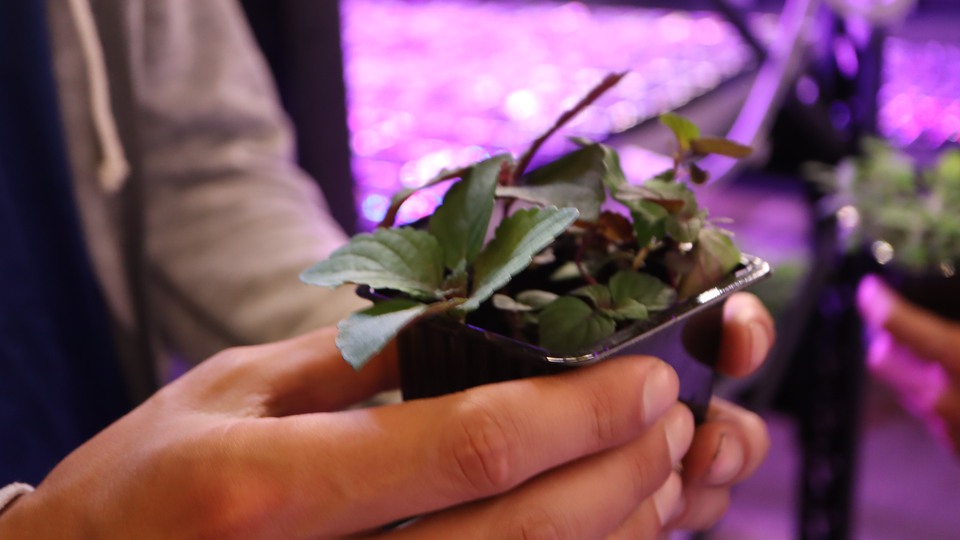
Vertical farming in retail environments: Viability, Business Models, and Sustainability
To secure sustainable and resilient food systems, new approaches, innovations, and processes are needed. In recent years, vertical farming firms have been developing and experimenting with innovative approaches to expand their offerings and connect with retailers and consumers.
New business models are being developed to provide functions and services instead of traditional sales of products. As such, modular in-store (or co-located) vertical farming systems are increasing in popularity to provide fresh produce, visual appeal, transparency, and other tailor-made functions and services.
In these new approaches for vertical farming, often modular and small-scale solutions are being developed and installed in retail locations, restaurants, residential buildings, and other commercial spaces; often including a large degree of automation and optimization of digital solutions to remotely control their operation.
The aim of this project is to advance the knowledge, sustainability, and viability of these new business models for food provisioning with retailers. This will be done by exploring and analyzing different examples, contexts, business models, and innovations. We will also assess the sustainability and viability of these systems to highlight important aspects to improve their performance and value. Finally, results and findings from the study will be used to advance and improve this form of food provisioning among producers, retailers, and consumers.
Project facts
- Project name: Vertical farming in retail environments: Viability, Business Models, and Sustainability
- Budget: 2.8 MSEK
- Funded by: Hakon Swensons Stiftelse
- Partner: KTH Royal Institute of Technology
- Period: 2023 - 2025
Contact
Want to know more about IVL's services and offers? Enter your email address and choose which area you want to know more about, and we will get back to you.
NOTE! For questions about vacancies and thesis work, go to the Careers
tab in the main menu.
